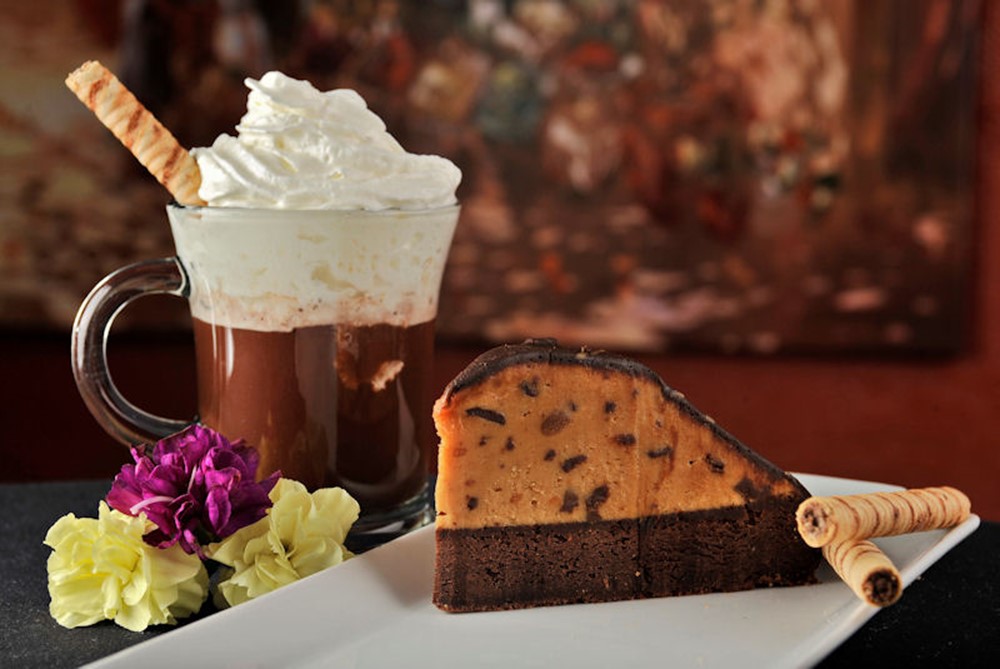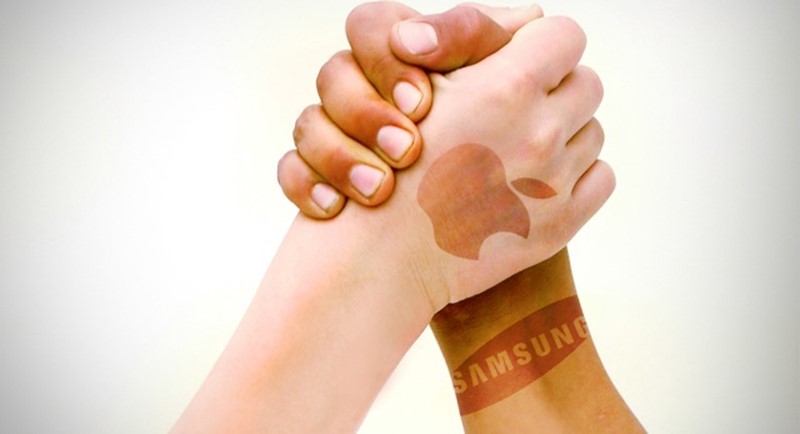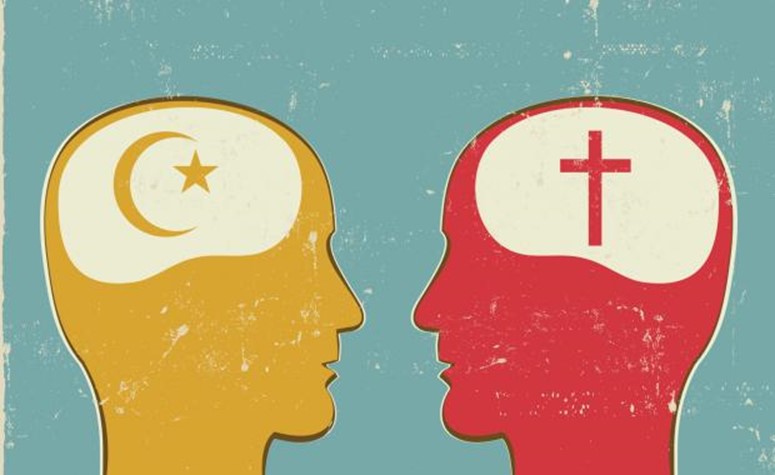Cigarettes: The Ultimate Currency
September 9, 2012 in Daily Bulletin

Cigarettes. Is there anything they can’t do? Venessa Wong pointed out that they were arguably the most stable international currency:
- Luxury cigarettes that cost almost $900 have become a common way to bribe officials in China.
- In American jails cigarettes were the most widely used currency until they were banned.
- In Romania in the 1980s Kent cigarettes would be enough to bribe a doctor to see to your sick child. The cigarettes were so widely circulated as currency that they would often go stale.
- After World War Two wiped out the value of the German currency, Germans would use cigarettes to barter for goods.
You can read more about how cigarettes are viewed today over here.
Source: Business Week

















Join the Discussion! (No Signup Required)